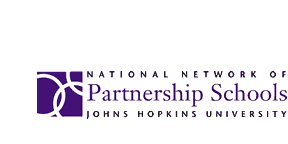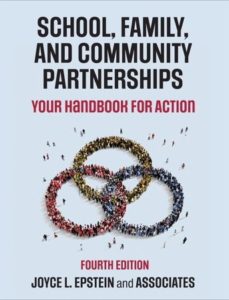Type 1 – Parenting
PARENTING
BASIC RESPONSIBILITIES OF FAMILIES
- Housing, health, nutrition, clothing, safety
- Parenting skills for all age levels
- Home conditions that support children as students at all grade levels
- Information and activities to help schools understand children and families
SAMPLE PRACTICES
- Workshops, videotapes, computerized phone messages on parenting and child development at each age and grade level
- Parent education and other courses or training for parents (e.g., GED, family literacy, college or training programs)
- Family support programs to assist families with health, nutrition, and parenting, including clothing swap shops, food co-ops, parent-to-parent groups
- Home visiting programs or neighborhood meetings to help families understand schools and to help schools understand families
- Annual survey for families to share information about their children’s goals, strengths, and special talents
CHALLENGES
- Provide information to all families who want it or who need it, not only to the few who attend workshops or meetings at the school building
- Enable families to share information with schools about background, culture, talents, goals, and needs
REDEFINITIONS
- “Workshop” is not only a meeting on a topic held at the school building, but also the content of that meeting to be viewed, heard, or read at convenient times and varied locations.
RESULTS FOR STUDENTS
- Balance time spent on chores, homework, and other activities
- Regular attendance
- Awareness of importance of school
RESULTS FOR PARENTS
- Self-confidence about parenting as children proceed through school
- Knowledge of child and adolescent development
RESULTS FOR TEACHERS AND SCHOOLS
- Understanding of families’ goals and concerns for children
- Respect for families’ strengths and efforts
Copyright © 2024 - PartnershipSchools.org at the Johns Hopkins University School of Education - All rights reserved. Conforms to W3C Standard XHTML & CSS


